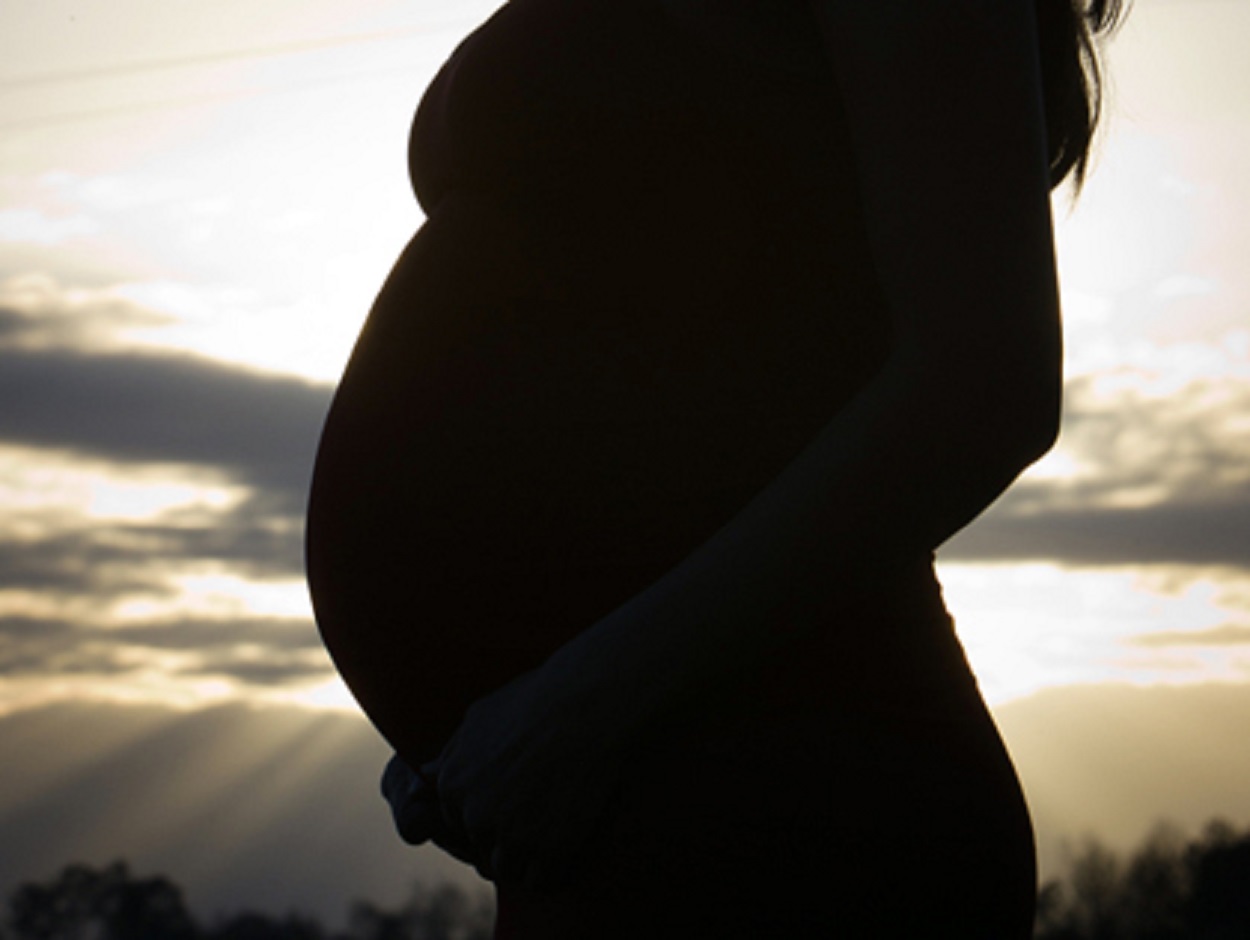Health
Full list of hospitals where Nigerian women can get free caesarean section

The National Health Insurance Authority (NHIA) has commenced the nationwide provision of free Caesarean Sections (CS) in over 100 hospitals across the country.
Dr Kelechi Ohiri, Director-General, NHIA, told newsmen on Thursday in Abuja that the intervention was under the Comprehensive Emergency Obstetric and Neonatal Care (CEmONC) Programme.
He said that it was currently active in federal, state, private, and faith-based hospitals across all six geopolitical zones.
According to Ohiri, indigent women only need a National Identification Number (NIN), which can be presented before or after admission.
He added that the hospital’s social welfare team would be responsible for confirming that a patient could not afford the surgery.
“Once assessed, eligible women receive the CS at no cost and are automatically enrolled into a health insurance plan under the Basic Health Care Provision Fund (BHCPF), managed at the state level,” he disclosed.
He said that NHIA was partnering with federal, state, faith-based, and private health facilities to reduce maternal mortality.
The NHIA boss said: “The nationwide coverage is across key health institutions.
“In the North-West: Aminu Kano Teaching Hospital, Kano; Murtala Mohammed Specialist Hospital, Kano; Usmanu Danfodiyo University Teaching Hospital, Sokoto; and Maryam Abacha Women and Children Hospital, Sokoto are covered.
“Among others, Ahmad Sani Yariman Bakura Specialist Hospital in Gusau, Zamfara; General Hospitals in Kaura Namoda, Shinkafi, and Tsafe, all in Zamfara; and Martha Bamaiyi General Hospital in Zuru, Kebbi State are benefitting.
“In the North-East: the Federal Teaching Hospital, Gombe; University of Maiduguri Teaching Hospital, Borno; Federal University of Health Sciences Teaching Hospital, Azare, Bauchi; Federal Medical Centre Nguru, Yobe, and Modibbo Adama University Teaching Hospital, Yola, Adamawa are beneficiary,” Ohiri said.
He said that North-Central had the Federal Medical Centre Bida, Niger; Federal Medical Centre Keffi, Nasarawa; University of Abuja Teaching Hospital, Gwagwalada, FCT; and General Hospitals in Suleja, Mokwa, and Tunga Magajiya, Niger State.
He said that South-West had Ekiti State University Teaching Hospital, Ado-Ekiti; Federal Medical Centre, Ido-Ekiti; State Hospital, Abeokuta, Ogun State; State Specialist Hospital, Okitipupa, Ondo State; and Oba Ademola Maternity Hospital, Ijemo, Ogun State.
The South-South, according to Ohiri, had the University of Uyo Teaching Hospital, Akwa Ibom; the University of Port Harcourt Teaching Hospital, Rivers; Federal Medical Centre, Yenagoa, Bayelsa.
He added that the South-South also had the University of Calabar Teaching Hospital, Cross River; and Federal Medical Centre, Jalingo, Taraba State.
He stated that the South-East had the Federal Teaching Hospital, Abakaliki, Ebonyi; David Umahi University Teaching Hospital, Uburu, Ebonyi; NOFIC Abakaliki, Ebonyi; Irrua Specialist Teaching Hospital, Edo State; and University of Benin Teaching Hospital, Edo.
He listed some faith-based and private facilities with the coverage: St. Gerard’s Catholic Hospital, Kaduna; St. Patrick Hospital, Abakaliki; Yusuf Dantsoho Memorial Hospital, Kaduna; and Sir Patrick Ibrahim Yakowa Memorial Hospital, Kafanchan, Kaduna State.
He disclosed that over 200 additional hospitals were currently awaiting NHIA approval to join the initiative, potentially expanding access even further.
“This initiative is a critical part of the government’s commitment to ending preventable maternal deaths.
“The free CS services are not limited to federal facilities; state-owned, private, and mission hospitals have been engaged to reach as many women as possible,” he noted.
He stressed that there was no registration process required to benefit from the coverage.
“As long as a woman presents her NIN and is evaluated by the hospital’s social welfare unit as financially incapable, the surgery will be offered free of charge,” he said.
He encouraged Nigerians to share this information widely, especially in rural and underserved communities where the cost of surgical delivery was often a barrier to safe childbirth.


